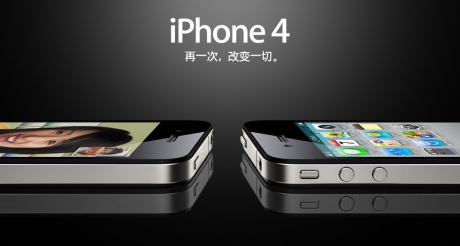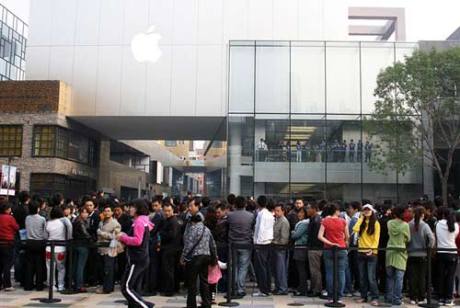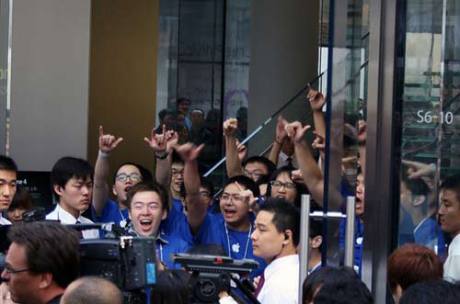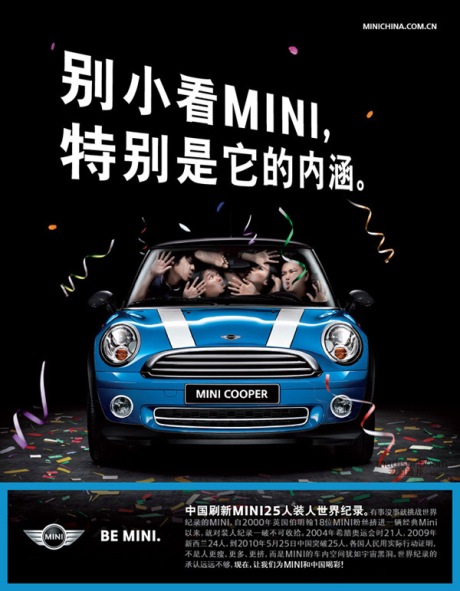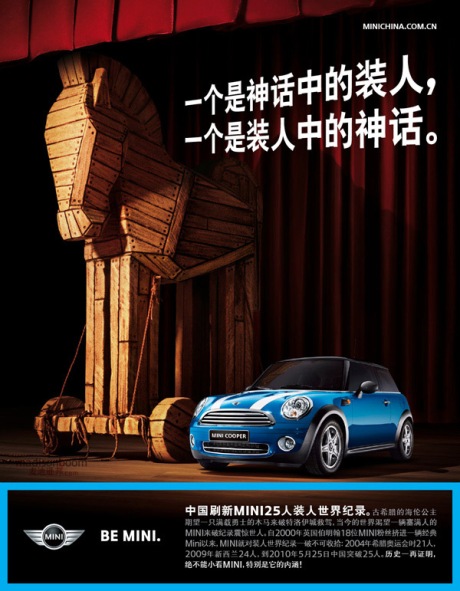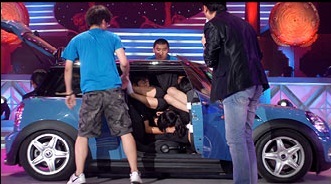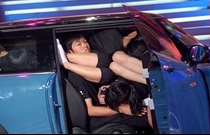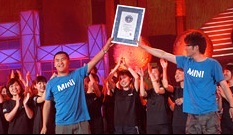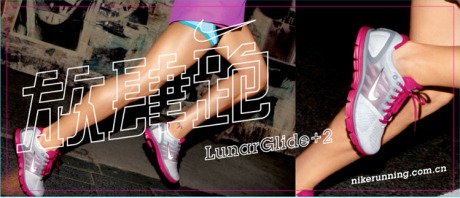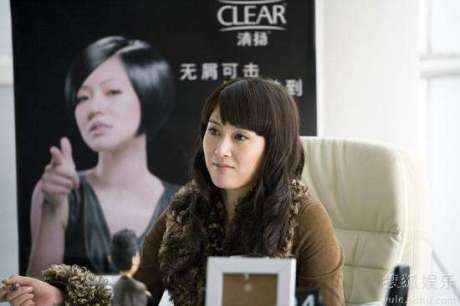September 25th marks the day the so-called ‘revolutionary’ iPhone 4 launches within Chinese shores.
You may be asking why is the launch being mentioned on a blog about advertising? Well, the answer is because the reaction of Chinese citizens to the product launch is a perfect example of how Chinese consumers are changing.
Despite being labelled a ‘developing country’ over 200,000 iPhone 4 devices were pre-ordered from Chinese telecommunications firm China Unicom and thousands were even prepared to queue outside for 2 days outside Apple’s Xidan Joy City store to get their hands on one.
This reaction highlights how disposable income among urban Chinese citizens has soared, and the fact that Apple have uncharacteristically decided to release the product so soon after its US launch demonstrates how the organisation has realised this and wants to make sure it profits as much as possible from the wealthy Chinese population.
Steve Job’s firm has even opened two more Apple Stores in the country (doubling the number in China previously to four) in order to meet the increasing demand from Chinese consumers. Although ironically the demand for the new iPhone 4 in China is far exceeding the supply.
 With so much wealth flying around in the urban areas, it’s important to remember that there are still many, many Chinese citizens living in rural regions still struggling to get by each day. It would seem the gap between rich and poor is further increasing and one wonders what the Chinese Government can do help balance things out.
With so much wealth flying around in the urban areas, it’s important to remember that there are still many, many Chinese citizens living in rural regions still struggling to get by each day. It would seem the gap between rich and poor is further increasing and one wonders what the Chinese Government can do help balance things out.
Nonetheless the success of Apple’s iPhone 4 launch will act as a bright beacon to Western firms looking to enter the Chinese market, and a battle between the rapidly growing domestic brands and their developed Western counterparts seems somewhat inevitable.

